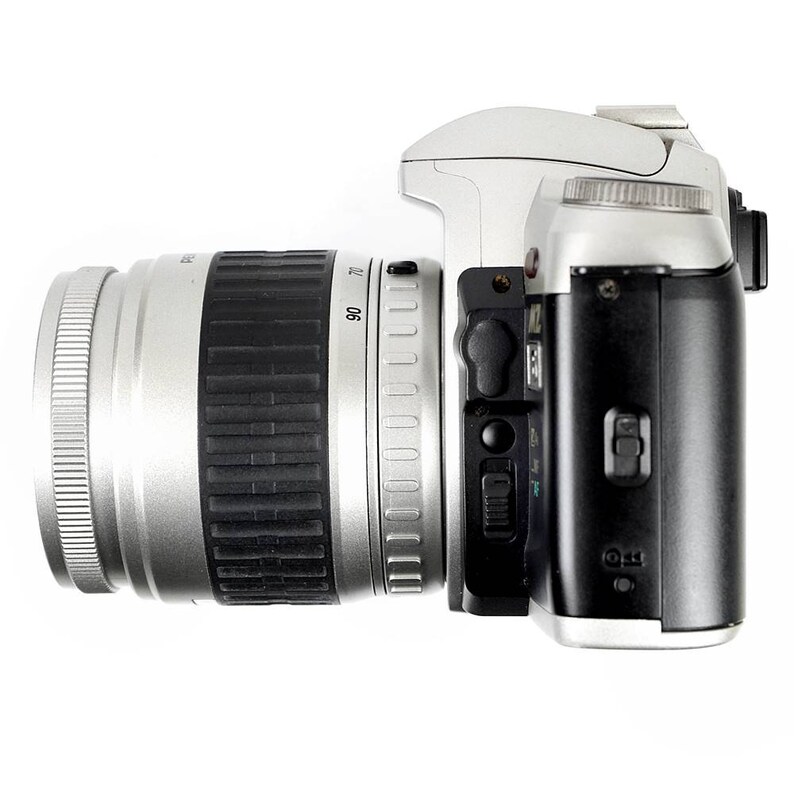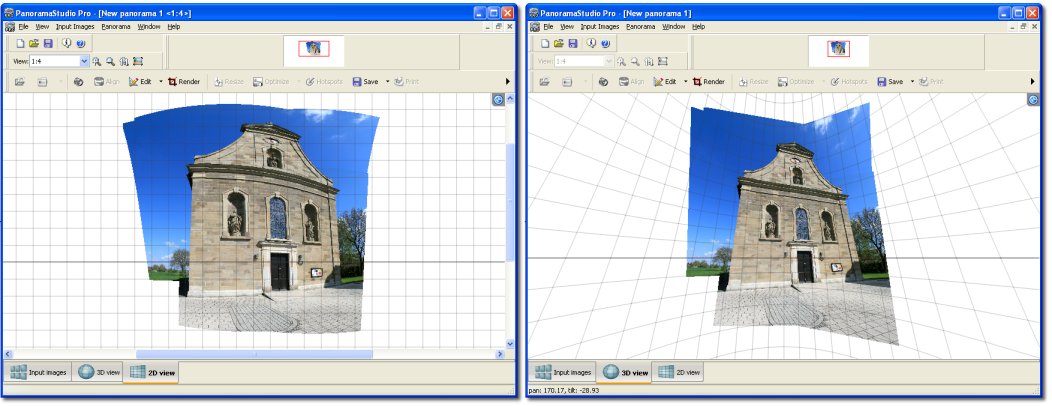

Quick Tip: If shooting during slanting light keep at 5000. If you feel the shutter will cause unwanted motion blur due to movement of cars, grass etc., then increase the ISO to get the desired shutter.

You will generally want good depth of field and set the aperture to f16.Since the camera is on a tripod, try to use the lowest possible ISO for best IQ.Point the camera to the area of the scene you want exposed perfectly and set the exposure. You will have to set the exposure yourself.Partner to hold the beer while you do the settings.Remote shutter release to eliminate any shake when pressing the shutter.
CR2 PANORAMA STITCHER SOFTWARE
A combination of these two software work perfectly for me. Flash light to check level etc if shooting in low light.You can also use the horizon feature provided in many cameras. You can mount it on hot shoe. A single bubble will also work but will take you longer to level the camera. You can use L bracket or ballhead which allows camera to mount vertically With horizontal (normal) camera the height of the end picture becomes small.

Shooting vertically allows the image to have better height.
CR2 PANORAMA STITCHER MANUAL
Camera with manual control: Shooting with automatic cameras or on automatic exposure modes will generally fail.I will describe the way I stitch, a process I have evolved over the years but there are several equally effective ways of make an omelette. The file size is large as several photos are put into one.Stitching results in panorama – “letterbox” rectangle photos which do not fill the screen.All is not perfect here is a list of issues. Wide-angle lens gives the area a ‘far away’ look and distorts the location – nothing wrong with this if that is desired. Stitching allows the photographer to show the location in wide grandness but without the wide-angle feel. Why should we bother stitching photos? Why don’t we take a wide-angle lens and shoot showing the entire area? Both photos would cover the location edge to edge? The reason is focal length.


 0 kommentar(er)
0 kommentar(er)
